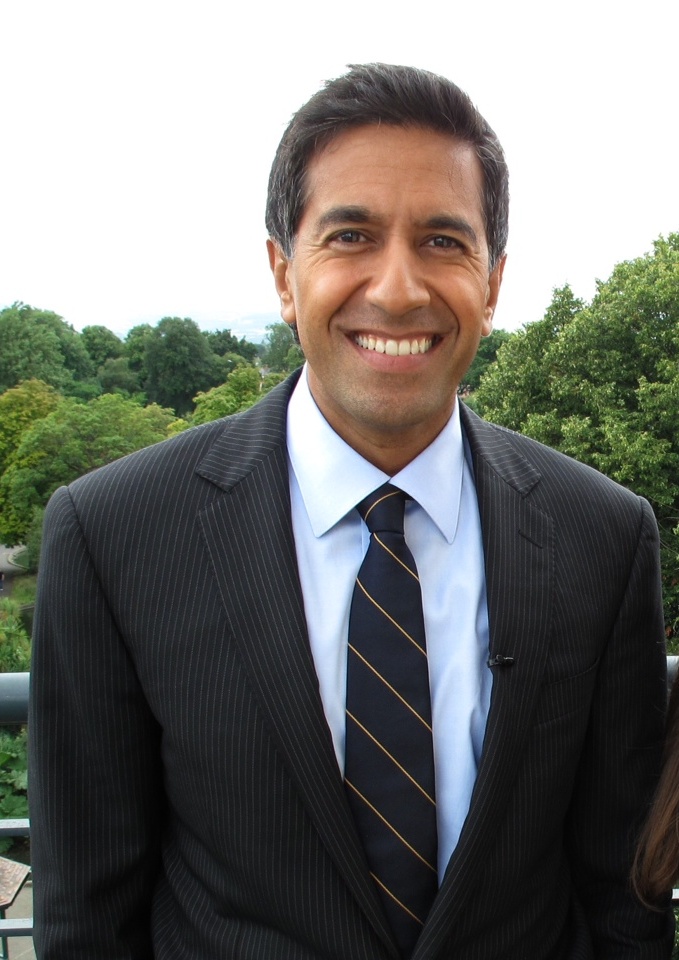
I was prepared to read another commentary about the dangers of anabolic steroids when I started reading “The Truth About Steroids And Sports, How Performance-Enhancing Drugs Went Mainstream;” the article was written by CNN’s chief medical correspondent, Sanjay Gupta. It started off poorly:
So we all agree that steroids are bad, right? They’ve brought suspicion and shame.
Then it got a little better. Dr. Gupta starts talking about the therapeutic use of anabolic steroids in HIV patients. He talks about the therapeutic uses of steroids.
He seems impressed that steroids can be good but then discusses how the therapeutic uses for steroids were “hijacked” by athletes and especially bodybuilders. Blame the bodybuilders. Parties responsible for the hijacking include the “Arnoldistas” or followers of Arnold Schwarzenegger who, according to Shaun Assael, created a steroid “religion.”
He blamed talked about the “Underground Steroid Handbook”. He didn’t mention the author, Dan Duchaine.
Then Dr. Gupta’s credibility takes a major hit when he talks about growth hormone.
Then there’s human growth hormone (HGH), derived from the pituitary gland.
HGH derived from pituitary glands has not been used in medicine in decades. It is all recombinant human growth hormone nowadays.
I hoped that he could save the article he interviewed Christopher Bell, director and producer of the steroid documentary “Bigger Stronger Faster.”
But that hope was dashed when I learned that when taking anabolic steroids, “there’s always the risk of, you know, heart weakening and liver tumors.” And then I [again] learned Lyle Alzado blamed his brain cancer on steroid abuse.
Gupta asks what can be done about a good drug gone bad? The first thing we should stop doing is stop associating Lyle Alzado’s brain cancer with his steroid abuse. Why do we persist in repeating this again and again with the standard disclaimer that there is no medical evidence to support it?
About the author
Millard writes about anabolic steroids and performance enhancing drugs and their use and impact in sport and society. He discusses the medical and non-medical uses of anabolic-androgenic steroids while advocating a harm reduction approach to steroid education.

Leave a Reply
You must be logged in to post a comment.